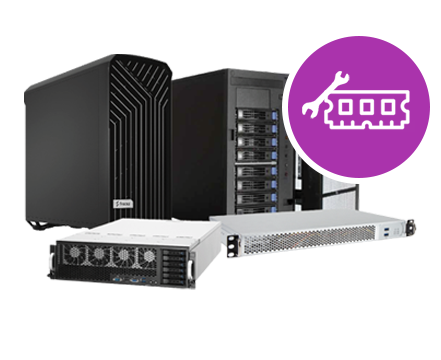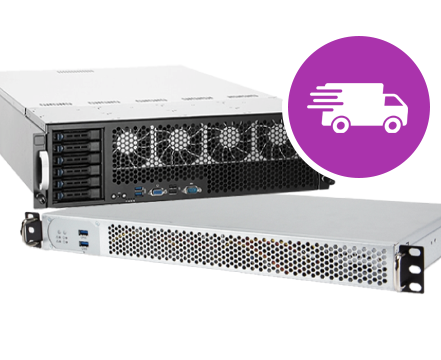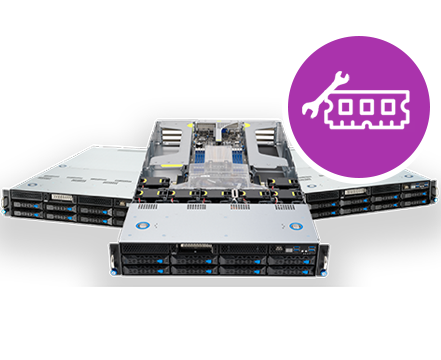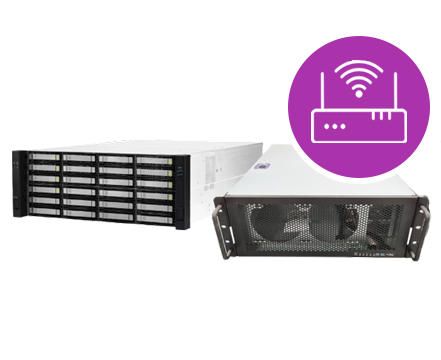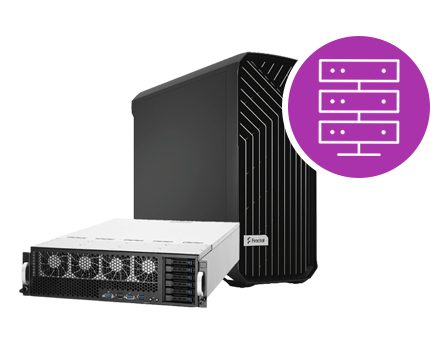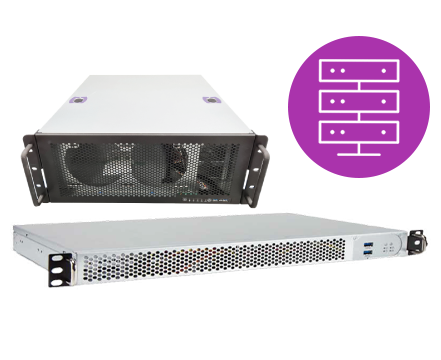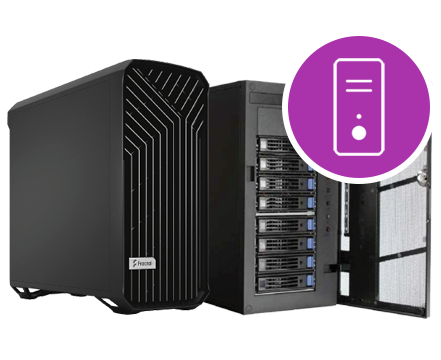In the realm of server infrastructure, the choice between off-the-shelf solutions from industry giants like HPE or Dell and custom-built servers is often a pivotal decision for businesses. While established brands offer reliability and standardized configurations, opting for a custom-built server can unlock a plethora of benefits, including significant cost savings and tailored performance. In this article, we delve into why customers should consider the custom route and how it can lead to a remarkable 20% reduction in costs.
1. Tailored to Your Needs
Off-the-shelf servers from HPE or Dell are designed to cater to a wide range of use cases, resulting in a one-size-fits-all approach. However, businesses often have unique requirements dictated by their specific workloads, applications, and future growth plans. Custom-built servers offer the flexibility to tailor hardware specifications precisely to these needs, ensuring optimal performance and resource utilisation. Whether it's selecting the right processors, storage drives, memory modules, or networking components, customisation empowers businesses to build a server infrastructure that aligns perfectly with their objectives.
2. No Bloatware, Just Performance
Off-the-shelf servers from major vendors often come preloaded with proprietary software, utilities, and drivers, commonly referred to as bloatware. While these additions may offer certain functionalities, they can also consume valuable system resources and lead to performance degradation. Custom-built servers, on the other hand, provide a clean slate, devoid of unnecessary software clutter. This streamlined approach not only enhances system efficiency but also allows businesses to install and configure only the software they truly need, maximising performance without any extraneous overhead.
3. Cost-Efficiency Through Smart Sourcing
One of the most compelling arguments for opting for a custom-built server is cost-efficiency. While HPE and Dell servers come with the assurance of quality and reliability, they also carry premium price tags that include expenses for branding, support services, and overheads associated with mass production. By eschewing these established brands and sourcing components independently, businesses can significantly reduce costs without compromising on quality. Additionally, leveraging open-market pricing for hardware components and bypassing vendor lock-in can lead to substantial savings, often in the ballpark of 20% or more.
4. Enhanced Control and Ownership
Custom-built servers offer businesses full control over their hardware ecosystem, empowering them to make informed decisions regarding upgrades, maintenance, and lifecycle management. This level of control translates into greater ownership of the server infrastructure, fostering a deeper understanding of its intricacies and enabling proactive measures to address potential issues. Furthermore, businesses are not beholden to the product lifecycle timelines dictated by major vendors, allowing them to extend the lifespan of their servers through incremental upgrades and optimisations, thus maximising return on investment.
Conclusion
While off-the-shelf servers from industry leaders like HPE and Dell undoubtedly offer reliability and convenience, they often come at a premium price. In contrast, custom-built servers provide businesses with unparalleled flexibility, tailored performance, and significant cost savings. By embracing customisation, businesses can unlock the full potential of their server infrastructure, aligning it precisely with their unique needs and future growth plans. In an era defined by agility and optimisation, the choice is clear: opt for custom-built servers and reap the rewards of innovation and cost-efficiency.

